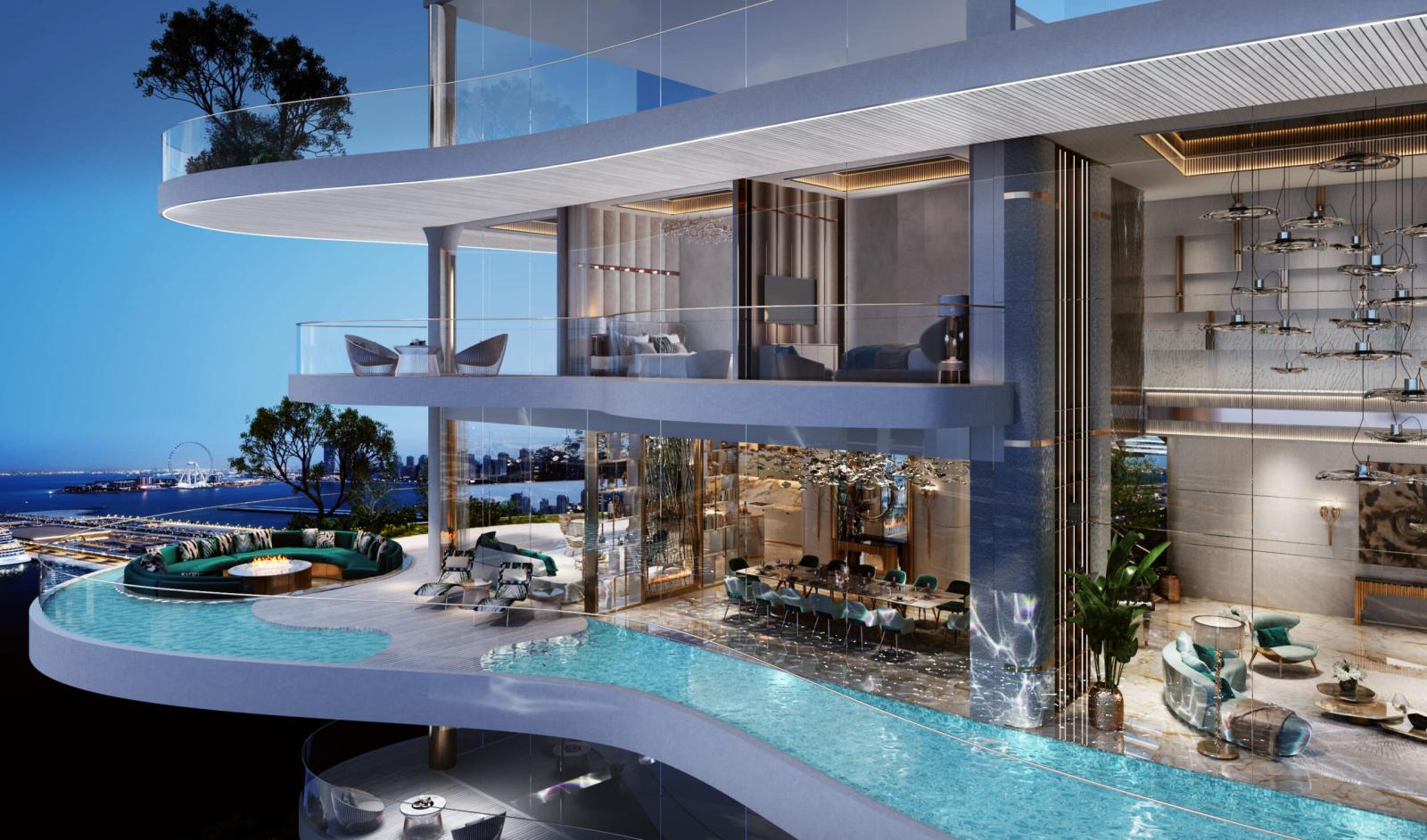Notifications

6 minutes, 0 seconds
-247 Views 0 Comments 0 Likes 0 Reviews

Dubai’s real estate market has always been a hot topic for investors and expats alike. Over the past few years, apartment rental prices in Dubai have seen a significant rise, making it crucial for potential tenants to understand the reasons behind this trend. In this article, we’ll explore the key factors driving Dubai’s rental market, offer practical advice for expats, and guide you through the rental process step by step.
Dubai continues to attract professionals, entrepreneurs, and families from around the world due to its business-friendly environment, safety, and high quality of life. This steady influx of expats has led to increased demand for rental properties, pushing prices higher.
With Dubai’s strong economic performance post-pandemic, job opportunities have increased across sectors like finance, technology, tourism, and real estate. As more people move to the city for work, the demand for apartments has surged, contributing to higher rents.
Areas like Downtown Dubai, Dubai Marina, and Palm Jumeirah remain highly desirable due to their luxury amenities and proximity to business hubs. With limited new developments in these prime areas, the demand outweighs supply, leading to higher rental costs.
Dubai offers world-class infrastructure, from efficient transport networks to top-tier educational institutions and healthcare facilities. Expats often prioritize locations that provide convenience and quality services, further increasing demand in these areas.
The global event’s success has left a lasting impact on Dubai’s economy and infrastructure, making the city even more appealing to international professionals and businesses. This increased interest has played a role in driving rental demand and prices.
Assess Your Finances: Calculate your monthly income and allocate no more than 30-35% of it to rent.
Consider Additional Costs: Factor in utility bills, internet, maintenance fees, and agency commissions.
Security Deposit: Be prepared to pay a security deposit, usually equivalent to 5% of the annual rent for unfurnished apartments and 10% for furnished ones.
Proximity to Work and Schools: Areas like Business Bay, Jumeirah Lakes Towers (JLT), and Al Barsha offer good connectivity and amenities.
Lifestyle Preferences: Dubai Marina and JBR provide a vibrant waterfront lifestyle, while Arabian Ranches and The Springs offer a suburban feel.
Budget Considerations: More affordable areas like International City and Al Nahda can help balance cost and comfort.
Apartments: Available in high-rise towers and residential complexes with varying amenities.
Villas: Ideal for families seeking larger spaces and private gardens.
Townhouses: A balance between apartment living and villa privacy.
When renting in Dubai, you’ll need:
A copy of your passport and visa.
Emirates ID.
Proof of income, such as a salary certificate or bank statements.
Ejari is Dubai’s rental contract registration system, ensuring legal protection for both tenants and landlords. To register:
Submit your signed tenancy contract, passport, visa, and Emirates ID to an Ejari center or online.
Pay the registration fee (approximately AED 220).
Receive your Ejari certificate, required for setting up utilities.
1. How much rent should I expect to pay in Dubai? Rents vary by location and property type. For instance, a one-bedroom apartment in Dubai Marina averages AED 80,000 annually, while in International City, it’s around AED 30,000.
2. Can I negotiate rent prices? Yes, especially if you’re willing to pay multiple cheques upfront or sign a longer lease.
3. How many cheques are usually required for rent payments? Landlords often prefer 1-4 cheques, but some accept up to 12 monthly cheques.
4. What’s the standard lease duration? Most leases in Dubai are for one year, though shorter-term options are sometimes available.
5. Are utilities included in the rent? Usually not. Tenants typically cover DEWA (electricity and water), cooling charges, and internet separately.
Dubai’s rising apartment rents are driven by high demand, economic growth, and the city’s unmatched lifestyle appeal. For expats planning to rent, understanding budget requirements, choosing the right location, and preparing essential documents are crucial steps. By staying informed and planning carefully, you can secure the ideal rental property that fits your needs and lifestyle.

